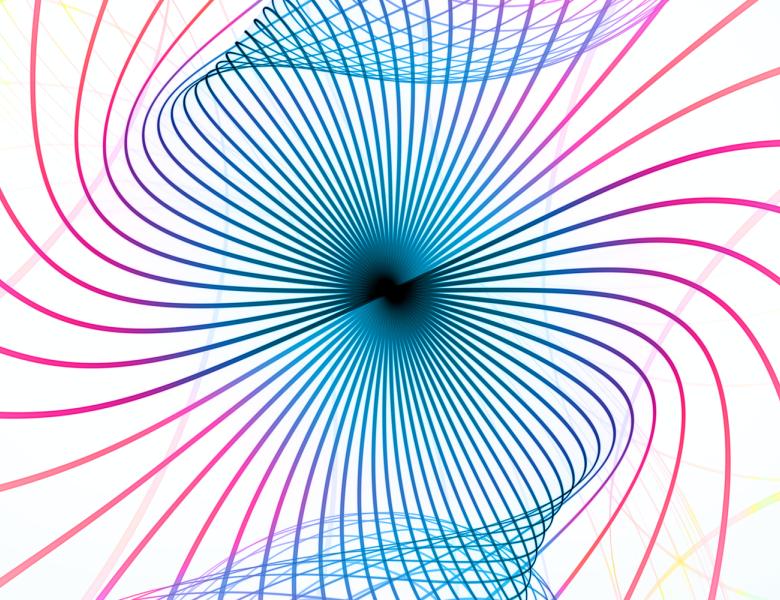
Entanglement is a quantum resource, in some ways analogous to randomness in classical computation. Inspired by recent work of Gheorghiu and Hoban, we define the notion of "pseudoentanglement", a property exhibited by ensembles of efficiently constructible quantum states which are indistinguishable from quantum states with maximal entanglement. Our construction relies on the notion of quantum pseudorandom states -- first defined by Ji, Liu and Song -- which are efficiently constructible states indistinguishable from (maximally entangled) Haar-random states. Specifically, we give a construction of pseudoentangled states with entanglement entropy arbitrarily close to log n across every cut, a tight bound providing an exponential separation between computational vs information theoretic quantum pseudorandomness. We discuss applications of this result to Matrix Product State testing, entanglement distillation, and the complexity of the AdS/CFT correspondence.
Based on joint work with Scott Aaronson, Bill Fefferman, Soumik Ghosh, Umesh Vazirani, Chenyi Zhang, and Zixin Zhou. arXiv:2211.00747
Panel discussion: Andru Gheorghiou (Chalmers University of Technology), Netta Engelhardt (MIT) and Yi-Kai Liu (University of Maryland)


